Texas, which historically drives the number of executions nationwide, is approaching a grim milestone of 600 people put to death by lethal injection since the early 1980s.
But for the past 10 years, a shield statute meant to protect the safety of those participating in the execution protocol allows the state to withhold a telling piece of information: where Texas is finding pentobarbital, the hard-to-get drug it exclusively uses to carry out executions.
The source of pentobarbital remains a closely guarded secret to the public, but records reviewed by NBC News stitch together the state’s cryptic acquisition process, including how much of the drug Texas has procured over the past year and the hundreds of thousands of dollars that have been spent on transactions related to drug costs.
According to those records, in September 2024, Texas acquired 20 1-gram vials of pentobarbital, and in February it obtained eight 2.5-gram vials — enough, based on its protocol, for as many as eight executions.
The purchases, which are documented on Drug Enforcement Administration forms, redact the supplier’s information; the agency told NBC News it was unable to comment amid the ongoing federal government shutdown.
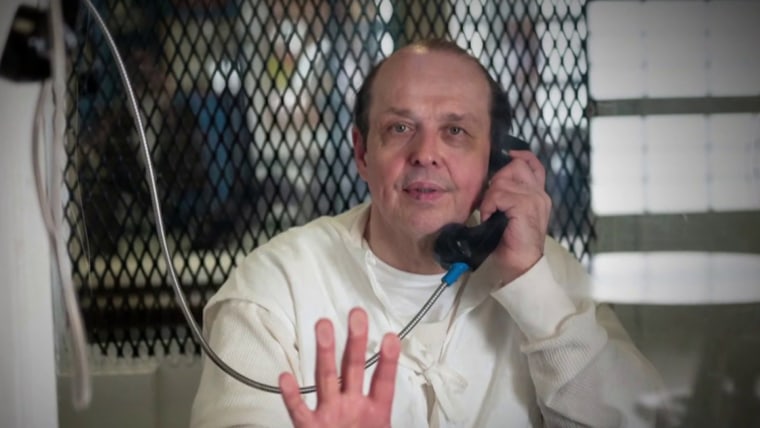
Exactly how much Texas paid for the injectable pentobarbital remains unclear. The state Department of Criminal Justice did not respond to requests for comment about its execution drug supply and the amount spent.
However, a document produced by the department in response to a request for cost information about drug supplies in lethal injection executions shows multiple transaction amounts dated October 2024 and February and March of this year totaling more than $775,000.
The document is partially redacted, and doesn’t reveal the exact breakdown of expenses.
But if Texas were to have spent upward of three quarters of a million dollars as part of its quest for pentobarbital, it would be in line with several other states, whose officials have revealed in recent months to shelling out large sums — far exceeding the wholesale value of pentobarbital — for their execution drugs, anti-death penalty groups and legal experts say.
Under public pressure, some of those states have confirmed purchasing, at a marked-up rate, manufactured drugs, meaning they were produced from a Food and Drug Administration-approved pharmaceutical company as opposed to a compounding pharmacy, which are loosely regulated and have drawn concerns over quality, safety and efficacy.
The pharmaceutical industry widely opposes its drugs being used for capital punishment, which is why it remains a mystery where recent purchases of pentobarbital used for executions in Texas and other states is coming from. The pharmaceutical industry’s opposition has prompted lawsuits and cease-and-desist letters from drug makers and made it increasingly difficult for states to obtain the necessary chemicals.
“Executing states are going to great lengths to hide these purchases from taxpayers and defense attorneys and the pharmaceutical companies whose controls they’re violating — and they keep getting caught,” said Matt Wells, the deputy director of Reprieve US, a human rights nonprofit organization.
He added that a lack of transparency means states don’t have to publicly reveal the steps taken to ensure their drugs adhere to companies’ protocols and are safe to be used in executions. Lethal injection has the highest rate of “botched” executions among all methods, according to the Death Penalty Information Center. While the U.S. Constitution does not guarantee a painless death during execution, it prohibits the infliction of added pain that creates unnecessary suffering.
“When state after state is spending hundreds of thousands of dollars on the black market to acquire drugs they cannot legitimately source, we’re talking about a system that is broken beyond repair,” Wells said.
Cost of drugs
Other states with secrecy laws have been able to obtain the drug but at a cost multiple times over what they’re worth on the regular market.
In recent years, Idaho spent about $200,000 in total for three separate purchases of manufactured pentobarbital, NBC News previously reported. One six-vial batch at $50,000 was more than three times the price at wholesale.
In June, Indiana Gov. Mike Braun confirmed that his state had paid more than $1 million for four doses of pentobarbital, some of which expired before they could be used. It’s not clear what quantity each dose amounts to.
Utah spent roughly $200,000 for manufactured pentobarbital used in a 2024 execution, corrections officials said.
And since 2017, Tennessee has purchased nearly $600,000 worth of execution drugs from an undisclosed supplier, The Tennessean reported in March.
Commercially made injectable pentobarbital can run about $2,500 for a 2.5-gram vial, said Jeffrey Pilz, an assistant director of pharmacy at The Ohio State University’s Wexner Medical Center.
In Texas’ case, Pilz said, the eight 2.5-gram vials of pentobarbital it acquired in February should have cost close to $20,000.
But when execution drugs are significantly marked up, particularly for federally approved manufactured drugs, it raises questions about who sold them to a state, how that supplier obtained them and whether regulatory channels were subverted, said Maurie Levin, a Texas death penalty defense attorney.
“Texas’ secrecy law allows the state to hide the unethical practices of some of the pharmacies from whom they get drugs, and how they purchase drugs for executions, including what appears to be the purchase of drugs on the black market, at an enormous cost,” Levin said.
Manufactured vs. compounded drugs
Two pharmaceutical companies manufacturing in the U.S. are known to make injectable pentobarbital, a sedative more commonly used to treat insomnia and seizures.
Both Hikma, a U.K.-based company whose U.S. headquarters are in New Jersey, and Sagent, which is based in Illinois, have asked states to ensure they don’t use their drugs in executions.
Sagent warned Idaho in a letter last year that when its “products are diverted from legitimate channels, in violation of our distribution controls, they risk being counterfeit, stolen, contaminated, or otherwise harmful.”
Whether Hikma or Sagent have sent similar warnings to Texas is unclear. Neither company returned requests for comment, although a Hikma spokesperson told NBC News this year that it has sent such letters to states annually for the past eight years “to firmly remind them of our strong objections to the use of our medicines in capital punishment.”
The Texas Department of Criminal Justice also didn’t respond to requests about whether its most recently purchased batch of pentobarbital was manufactured or from a compounding pharmacy.
Texas began solely using pentobarbital, a sedative, for executions in 2012. A potent dose can lead to death from respiratory failure.
In 2015, Texas, along with Arizona and Nebraska, attempted to import thousands of vials of sodium thiopental, an anesthetic, from a supplier in India to use in executions, but Texas’ shipments were seized by the FDA because they were not approved in the U.S.
After that, Texas reportedly moved to acquire the pentobarbital from compounding pharmacies in the state. Compounded drugs have shorter shelf lives than manufactured ones, and are typically labeled with a “beyond use date,” similar to an expiration date, Pilz said.
Texas has been known to relabel its drugs’ beyond-use dates, a practice that has been criticized in recent years by death row inmates who have alleged in court that the drugs are expired and unsafe.
'Use it or lose it'
Documents indicate that Texas’ pentobarbital stock includes some batches labeled with beyond-use dates, signifying it was compounded, and others with expiration dates, suggesting those were manufactured.
A manufacturer sets the expiration date, which is “derived from the sterility, stability, and analytical chemical studies” performed within a controlled environment, according to an American Society of Health-System Pharmacists guide.
Pilz said compounding pharmacies may also register as an outsourcing facility to produce larger batches of medication, and therefore, could assign expiration dates to drugs.
The documents reviewed by NBC News indicate five vials of pentobarbital purchased by Texas had a “beyond use date” of September 2024, but that shelf life was recently extended to May 2026, and another three vials had a September 2024 “beyond use date.”
But the 20 1-gram vials of pentobarbital that were acquired in September 2024 had an April 2025 expiration date, records show. They were used for the executions of Garcia White in October 2024 and Steven Nelson, Richard Tabler and Moises Mendoza in early 2025.
The documents also indicate the eight 2.5-gram vials of pentobarbital acquired in February expire at the end of this month.
Inventory logs reviewed by NBC News show some of those vials were removed for the execution of Matthew Johnson in May, but they did not reflect whether that same supply was used in the execution of Blaine Milam in September.
It’s also unclear whether the expiring drugs would have been used in the Oct. 16 execution of Robert Roberson, who was poised to be the 597th person executed by Texas.
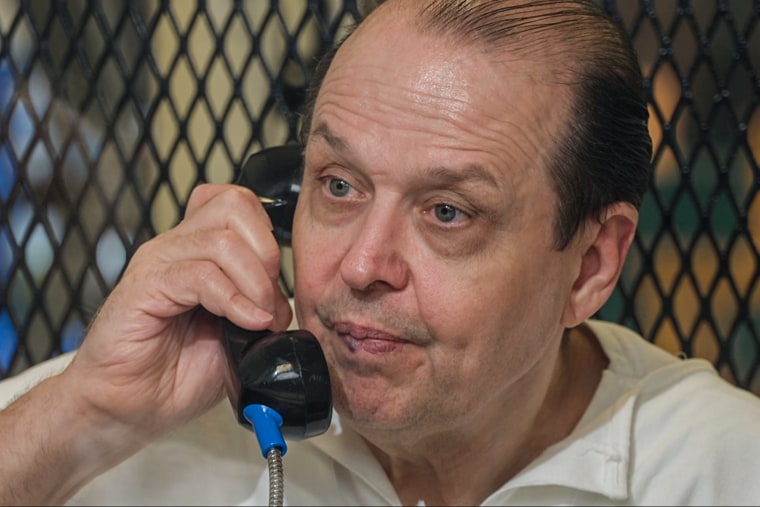 Robert Roberson before a scheduled execution in 2024 that was halted.NBC News
Robert Roberson before a scheduled execution in 2024 that was halted.NBC NewsRoberson was convicted in the 2002 death of his 2-year-old daughter, Nikki, and would be the first prisoner in the nation executed in connection with “shaken baby syndrome.”
With just days to spare, an appeals court last week halted the execution based on another case of disputed evidence surrounding the medical diagnosis, meaning Texas would not be able to use that expiring supply of pentobarbital since no other inmate is scheduled to die this month and the next execution isn’t until late January.
“With the stay of Mr. Roberson’s execution, the manufactured drugs we believe to currently be in their possession, which expire at the end of October, have to be trashed,” said Levin, the death penalty attorney.
She added that Roberson’s case — now the third time his execution has been put on pause — underscores the greater challenge for states as they seek manufactured lethal injection drugs.
“It’s a constant game of use it or lose it or extend the ‘beyond use date’ for the umpteenth time, including the hundreds of thousands of dollars they spent to get it,” she said. “The expiration date of illegally purchased drugs should hardly be the engine driving Texas executions.”
Erik Ortiz is a senior reporter for NBC News Digital focusing on racial injustice and social inequality.

 4 hours ago
1
4 hours ago
1
.jpeg)


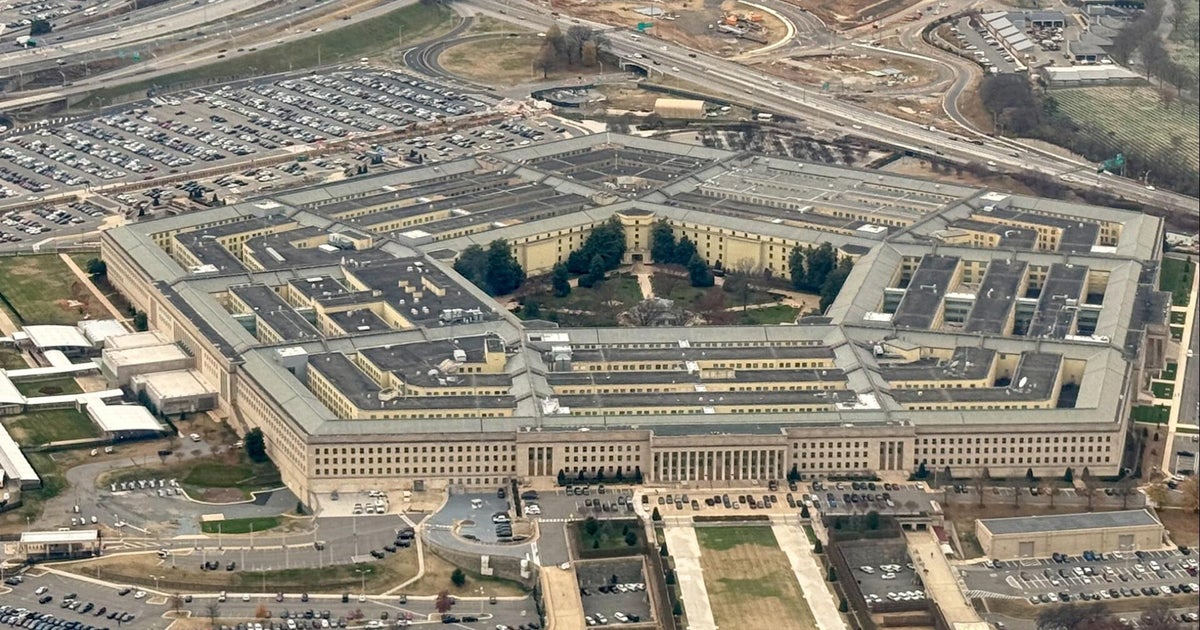

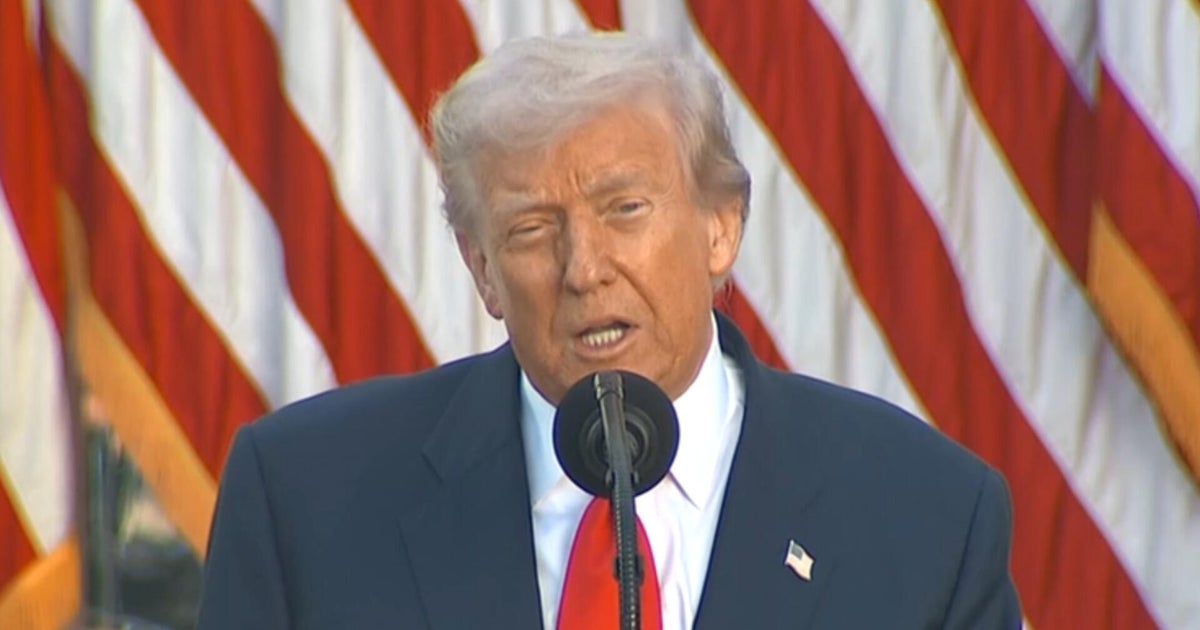
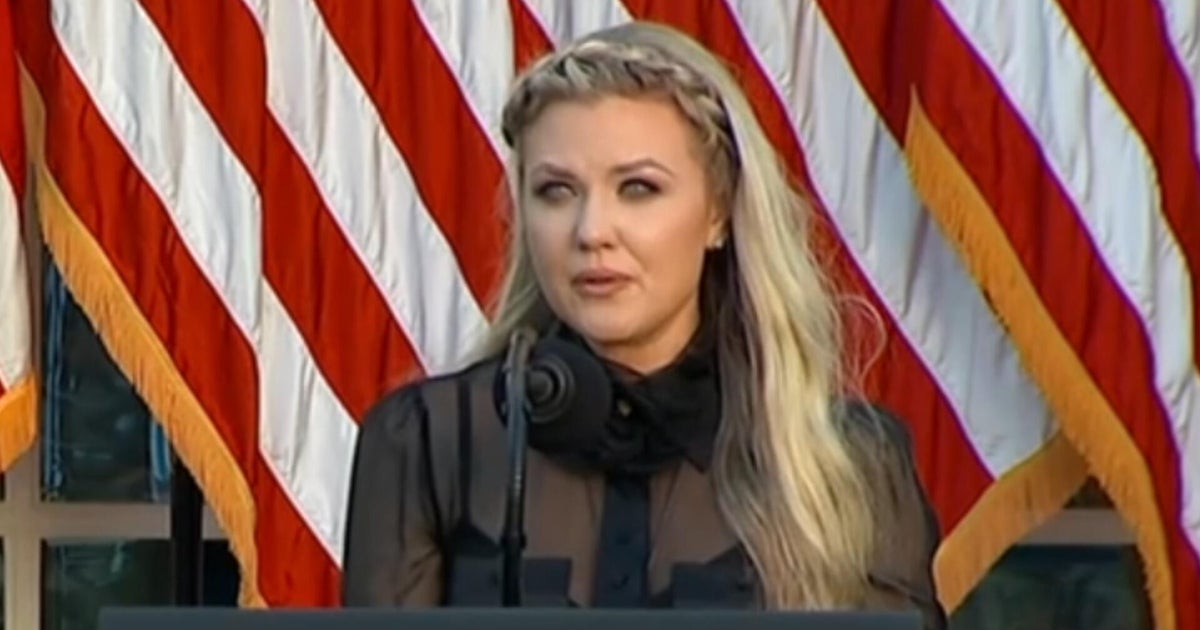

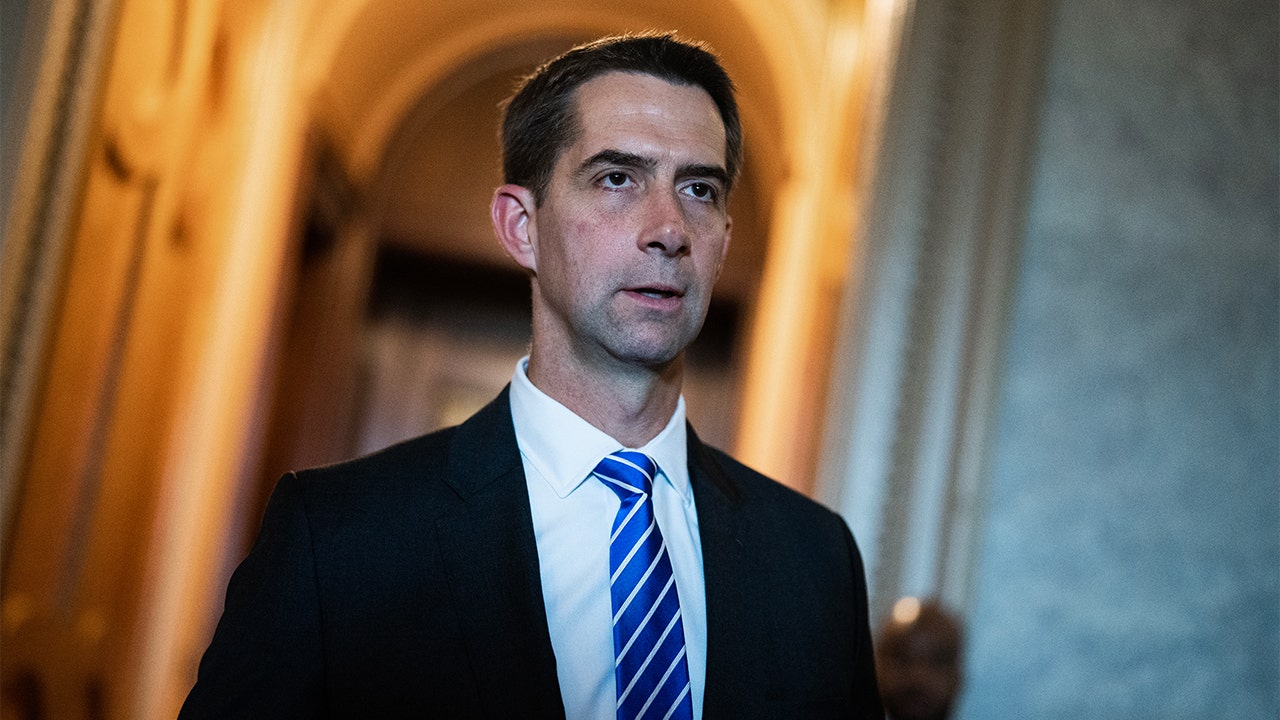

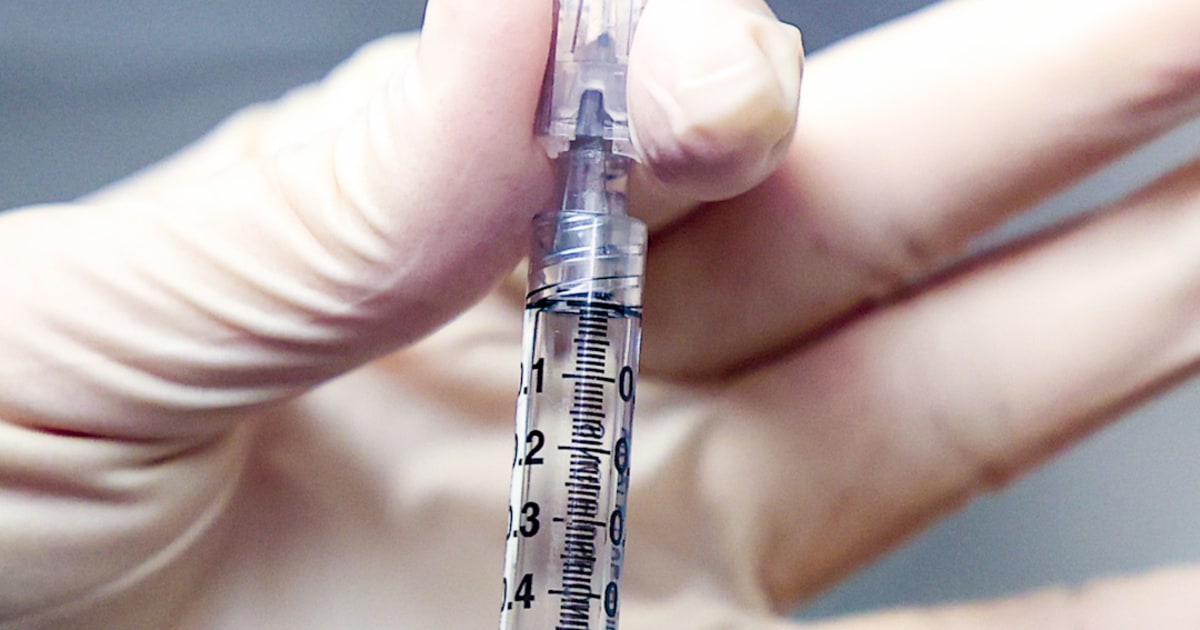


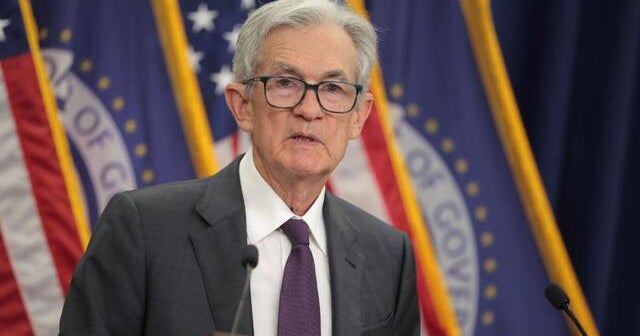
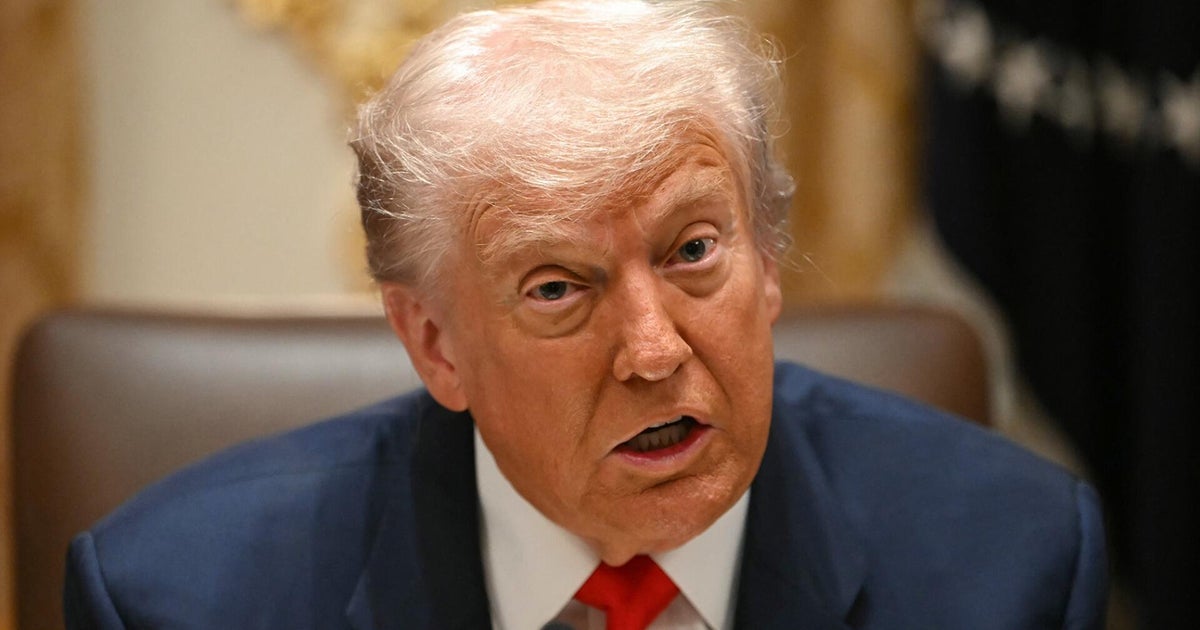









.jpeg)













 English (US) ·
English (US) ·